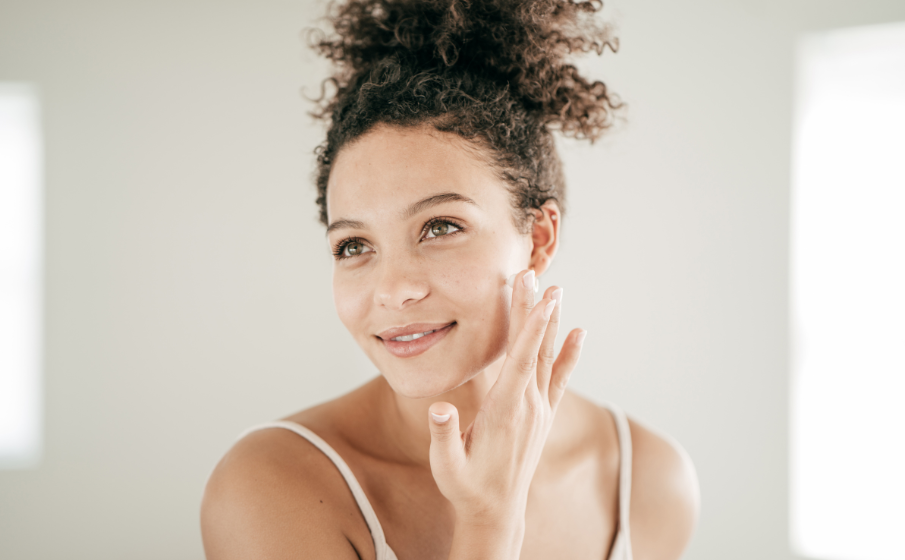Retinol in creams and serums: How It works, how to use It, and who It's for

What is Retinol?
Retinol, also known as vitamin A1, is a derivative of vitamin A and belongs to the retinoid family. It is one of the most effective anti-aging ingredients, working at a cellular level to support skin regeneration and improve its appearance. Retinol is available in various cosmetic forms such as creams, serums, and oils, and is widely used in skincare products.
How Does Retinol Work?
Retinol works in several ways to improve skin condition:
-
Stimulates Cell Renewal
Retinol speeds up cell turnover, leading to faster exfoliation of dead skin cells and revealing younger, more radiant skin. -
Reduces Wrinkles and Fine Lines
By increasing collagen production, retinol helps smooth out wrinkles and fine lines, improving skin elasticity. -
Evens Out Skin Tone
With its exfoliating action, retinol helps reduce pigmentation and uneven skin tone, contributing to a more uniform complexion. -
Controls Oil Production and Reduces Pores
Retinol regulates sebum production, which can help reduce pore visibility and manage acne.
How to Use Retinol?
-
Introduce It Gradually
If you are new to retinol, start with lower concentrations, such as 0.25% or 0.5%. Use the product every other or third day to see how your skin reacts. Gradually increase the frequency as your skin adjusts to retinol. -
Apply to Clean Skin
Apply retinol to clean, dry skin, preferably in the evening. Avoid applying it to damp skin to minimize the risk of irritation. -
Use at Night
Retinol is sensitive to sunlight, so it’s best to use it at night. During the day, always apply a broad-spectrum sunscreen with high SPF to protect your skin from harmful UV rays. -
Avoid Combining with Other Active Ingredients
Initially, avoid combining retinol with other potent ingredients like AHA or BHA acids to minimize the risk of irritation. Over time, you may introduce these ingredients into your routine, but always observe how your skin reacts.
Who Is Retinol For?
Retinol is suitable for individuals with:
-
Signs of Aging
If you notice wrinkles, fine lines, or loss of skin elasticity, retinol can help improve these concerns. -
Pigmentation Issues and Uneven Skin Tone
It is effective in reducing pigmentation and evening out skin tone. -
Acne and Enlarged Pores
It helps control sebum production and reduce pore visibility, which is beneficial for acne-prone skin.
However, people with sensitive skin, prone to irritation, or undergoing dermatological treatments should consult a dermatologist before starting retinol.
